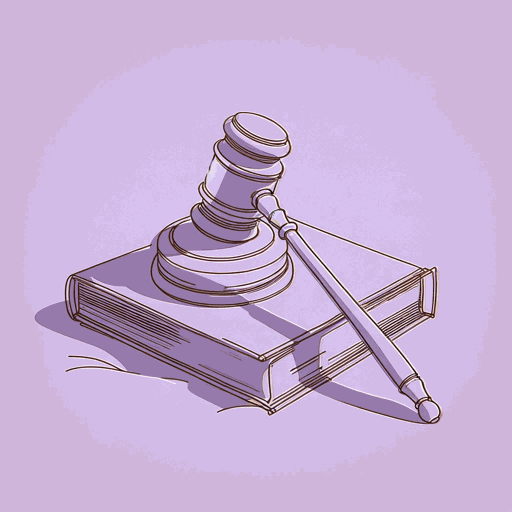42 pages • 1 hour read
Anthony LewisGideon’s Trumpet
Nonfiction | Book | Adult | Published in 1964A modern alternative to SparkNotes and CliffsNotes, SuperSummary offers high-quality Study Guides with detailed chapter summaries and analysis of major themes, characters, and more.
Chapter 11 - EpilogueChapter Summaries & Analyses
Chapter 11 Summary
The oral argument is the most interesting of the public portion of any Supreme Court decision; it can, when done well, “make truth emerge from conflict” (92). Many lawyers mistakenly believe that the oral argument is purely ceremonial. The Court feels differently. Unlike a well-written brief, the oral argument allows those involved to answer questions immediately. There are often a great many questions from the bench. Furthermore, the oral argument comes just before the tentative vote among the justices. A well-made, emotive argument can still be fresh in their minds at this vital moment. However, most oral arguments in the Court are dull—counsels ill-prepared or over-confident. Those arguing must be vigilant and self-effacing.
Each side in the Gideon case is given 90 minutes of oral argument (an hour for each party plus an additional 30 minutes for a friend of the court on each side). Only Fortas has argued in the Supreme Court before. It is the first time for Jacob, who anxiously prepares and feels “the confusing change of emotions that any sensitive person feels” (94) when entering the Court. The grandiose aesthetics and vaunted rituals welcome him inside but fade away when arguments begin, replaced by an extraordinary intimacy.

